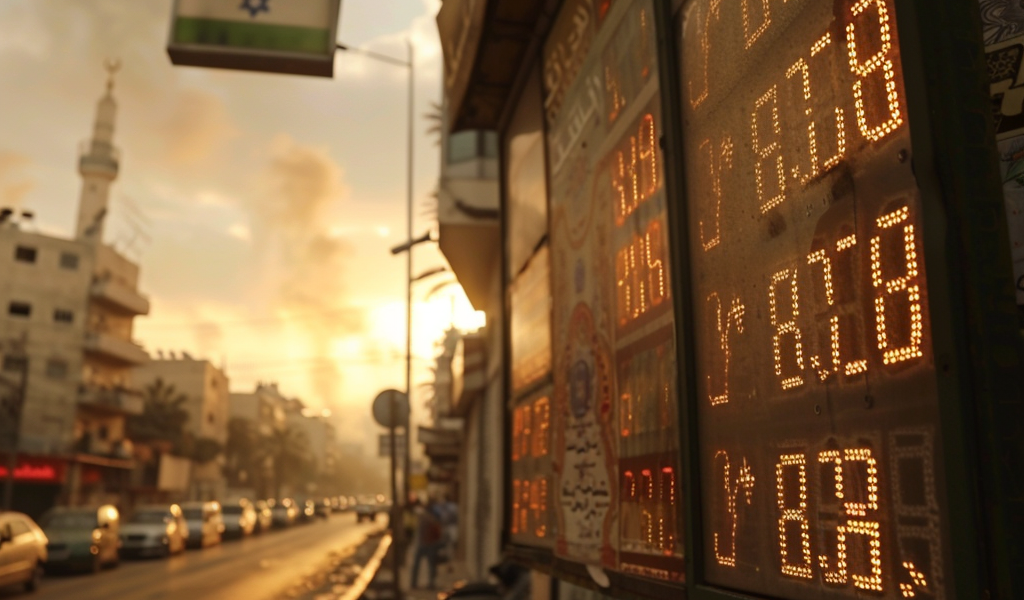The recent military operation in Rafah on the Gaza Strip-Egypt border has sparked concerns about the impact on the shekel’s value. As the IDF prepares for the assault, the shekel has already begun to weaken against major currencies.
Currently, the shekel-dollar exchange rate stands at NIS 3.7444, compared to yesterday’s rate of NIS 3.723. Against the euro, the shekel has depreciated even further, from NIS 3.9941/€ to NIS 4.0315/€.
Analysts are closely monitoring the situation, with many attributing the shekel’s decline to the escalating security tensions. The deadlock in negotiations between Israel and Hamas, coupled with recent casualties at the Kerem Shalom crossing, has heightened market uncertainty.
Despite the initial impact on the shekel-dollar rate, experts like Yossi Fraiman from Prico Risk Management believe that the depreciation may be limited in the short term. The influx of foreign exchange from exporters could help stabilize the shekel, but any escalation in the conflict could push the exchange rate above NIS 3.8/$.
Jonathan Katz, chief economist at Leader Capital Markets, shares a similar sentiment, suggesting that while the shekel may surpass NIS 3.8/$, a significant depreciation is unlikely. The duration and intensity of the conflict will play a crucial role in determining the shekel’s future performance.
Broader economic factors, such as the Turkish boycott and geopolitical tensions in Yemen, also contribute to the shekel’s weakness. Additionally, global trends, including the strengthening of the US dollar, are influencing currency markets worldwide.
As investors monitor developments in the region, the trajectory of the shekel remains uncertain. The outcome of the military operation in Rafah and potential geopolitical shifts will continue to impact currency valuations in the coming days.





